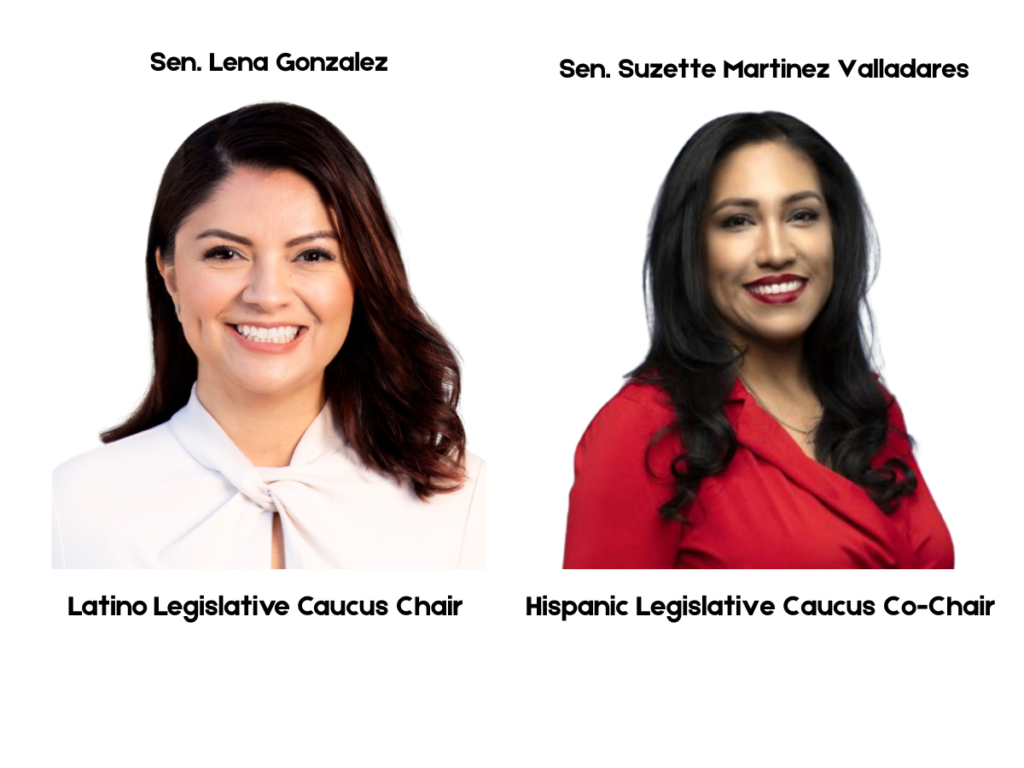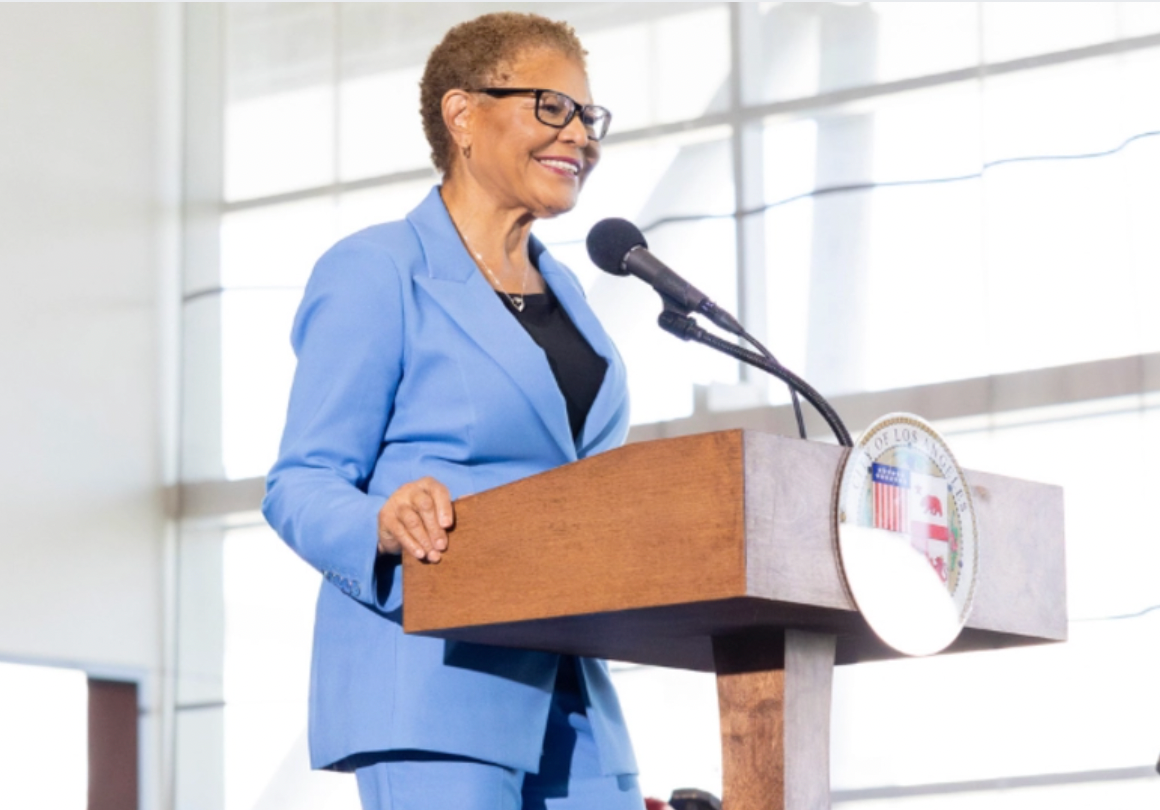By Stephen Witt
For Roberto Barragan, executive director of Initiating Change in Our Neighborhoods (ICON), competing Democratic and Republican State Latino legislative caucuses is a net plus for the nonprofit’s underserved San Fernando Valley catchment areas.
Since 2002, ICON has provided free services to primarily Latino low—and moderate-income entrepreneurs and small-business owners to promote economic development, job creation, and financial literacy. ICON also advocates for and works with Los Angeles City, County, and State lawmakers and officials on issues such as public transit, education, and affordable development.
“Latinos are not monolithic. They are culturally, economically, and politically diverse, so I don’t see anything wrong with separate Latino caucuses,” said Barragan, adding that a growing number of Cubans and Central and South Americans are adding to the historically significant Mexican base, in which Hispanics make up 48% of Los Angeles County.
Barragan’s remarks come amid ongoing tensions between the state’s Latino Legislative Caucus and the upstart Hispanic Legislative Caucus, as both groups disagree over how to forge legislation and policies that best represent Latino interests in Sacramento.
The debate over competing legislative caucuses began after the 2024 presidential elections, in which Donald Trump won more than 40 percent of the national Latino vote. In California, President Trump’s political momentum, along with growing Latinos dissatisfaction with the state’s Democratic establishment, resulted in a record nine Republican Latinos being elected to the state legislature.

Among the newly elected GOPers last year was Sen. Suzette Martinez Valladares (D-Santa Clarita), a former state assemblymember who lost her seat to redistricting after one term. During her time in the assembly, Valladares was an inaugural member of the California State Legislature’s “Problem Solvers Caucus,” a bipartisan group consisting of members of both the State Assembly and State Senate.
A graduate of Sylmar High School, Valladares grew up in a politically diverse household. According to a Los Angeles Times story, her Mexican-American father’s side leaned conservative, and her Puerto Rican mother’s side leaned progressive.
After winning the Senate seat, Valladares approached the Latino Legislative Caucus about joining, but was told it was exclusively for Democrats and that Republicans were banned.
This decision shocked Valladares and her Republican state lawmaker colleagues, who knew this violated the Latino Legislative Caucus’s bylaws, which did not restrict Republicans from joining.

Latino Legislative Caucus Chair Sen. Lena Gonzalez (D-Southeast Los Angeles, Long Beach) office did not respond to this story with any comments, but did provide a reference link to an interview the lawmaker did with KCR 3 TV on Feb. 6.
In the interview, Gonzalez noted the California Legislative Latino Caucus has never allowed Republicans to join in its 50-year history. Now with President Donald Trump in office and fulfilling his campaign promise of mass deportations, Gonzalez emphasized that protecting undocumented people is where the caucus is drawing the line, according to the KCR 3 story.
“That literally is everything this caucus stands for and is the one thing we 100% support together,” Gonzalez told the media outlet. “I haven’t heard one of them [Republican Latino lawmakers] speak against the Trump administration’s actions. So, I’m waiting for that quite frankly.”
While immigration and traditional Democratic policy points, such as healthcare and worker rights, dominate the Latino Legislative Caucus website’s policy objectives, the newly created Republican Hispanic Legislative Caucus website advocates “for policies that empower Hispanic families, strengthen small businesses, and restore the promise of the California Dream.”
A current point of contention between the two caucuses is funding. Payroll records show California taxpayers spent $576,449 on two consultants and a handful of staff for the Democratic-led group, according to a Feb. 11 follow-up KCR 3 TV interview with Valladares and Assemblywoman Kate Sanchez (R-Murrieta, Orange County), Hispanic Legislative Caucus Co-Chair.
Valladares opined to Los Angeles County Politics (LACP) that the new Hispanic Legislative Caucus is more Democratic than its older legislative caucus sibling.
“The California Hispanic Legislative Caucus does not exclude Democrats, our bylaws are very clear that the organization is non-partisan and values diverse opinions, and we think our organization deserves at minimum parity of resources,” said Valladares.
State Senate Pro Tem Mike McGuire and Assembly Speaker Robert Rivas, who have control over the funding of legislative caucuses, did not respond to numerous LACP emails and phone calls regarding funding the new Hispanic Legislative Caucus.
Meanwhile, Barragan believes funding both caucuses is a logical approach to best represent the diverse political perspectives of the Latino community.
“If the Latino Legislative Caucus is getting state support, there is no reason why the Hispanic Legislative Caucus can’t receive state support,” he said.















